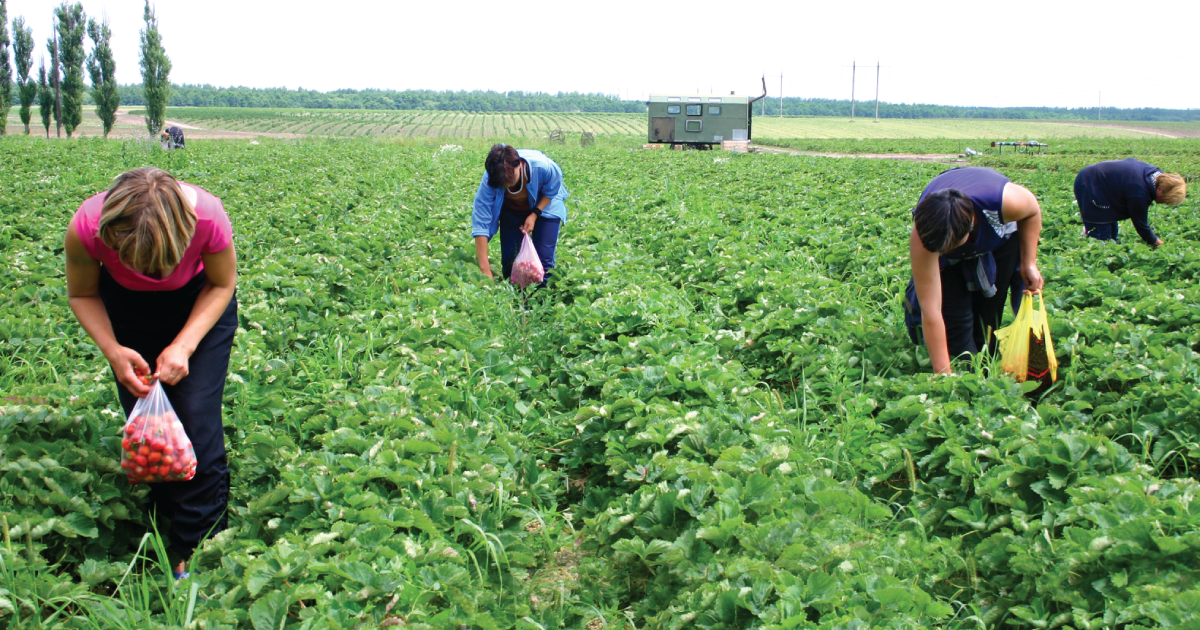
Going Organic
In the weeks following Sri Lanka’s decision to ban the import of chemical fertilisers and pesticides overnight, the conversation about organic farming’s viability to ‘feed the world’ has been reignited. We thought it was worth unpacking that story a bit further, looking both at what happened in Sri Lanka’s case, and what other countries’ transitions to organic farming have looked like in the past.
April 1, 2023 | Source: Offshoot | by A Growing Culture
In the weeks following Sri Lanka’s decision to ban the import of chemical fertilisers and pesticides overnight, the conversation about organic farming’s viability to ‘feed the world’ has been reignited. The most pervasive story going around is that the economic crash following the ban indicates that organic farming is not a viable model for economic stability or adequate food production (with industrial agriculture as the more stable alternative). We thought it was worth unpacking that story a bit further, looking both at what happened in Sri Lanka’s case, and what other countries’ transitions to organic farming have looked like in the past. We posted the abridged versions of these stories on social media but felt they deserved a more permanent spot here, too. Let’s dive in.
What went wrong in Sri Lanka’s case?
The first major point to consider when looking at Sri Lanka’s case is the geopolitical context.
